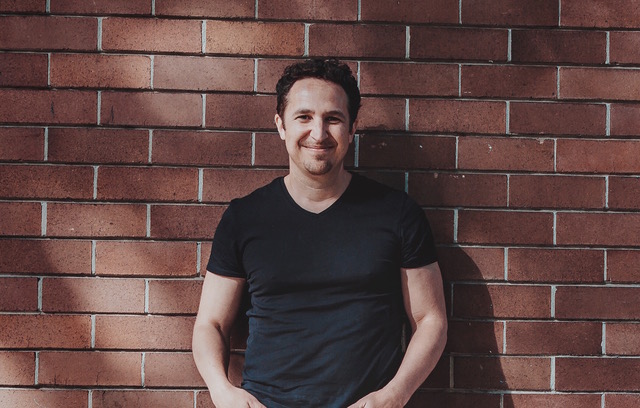Antony Partos.
The Australian Guild of Screen Composers (AGSC) has advised its members to be wary of signing deals which ask them to reinvest 50 per cent or more of their fees.
These deals can be a trap for composers due to the low chances of recoupment and because they are liable to be taxed on their full investment while receiving a only fraction of the actual amount, the guild warns.
Observing there has been a substantial increase in the number of reinvestment deals being offered to screen composers, usually for low budget productions, the AGSC tells IF: “ We have received multiple enquiries from members who are concerned about being asked to reinvest a major portion of their fee back into the production. This is not, and never was, standard practice for Australian screen composers.”
According to the guild, one composer reported: “We are being offered deals with no choice but to reinvest well above 50 per cent of our fee. Everyone knows that the reinvestment is a joke because no one receives any of the money back as we are always placed at the end of the waterfall. It’s infuriating that money budgeted for our score is never intended to be given to us and instead is spent on another part of the production.”
The guild states: “Whilst we realise there are varying degrees to which these deals can be structured, the AGSC has advised its membership to exercise caution when negotiating reinvestment deals and asks members to seek additional financial and legal advice.
“Even if the film is successful, if the composer is low on the recoupment waterfall it is unlikely they will see a return on their investment, of which they may already have paid tax.
“There are varying points that can be negotiated on these deals including the upfront fee, how much is reinvested back into the film, and where the composer is placed on the recoupment waterfall.
“The complex nature of reinvestment deals forces the composer to seek financial and legal aid, where the commonly low budget music fees offered rarely afford the funds for the necessary lawyers and accountants to structure them fairly. The AGSC advises composers to factor these additional costs into their negotiations.”
In response, Screen Producers Australia CEO Matt Deaner tells IF: “Producers would like nothing better than to have enough money to avoid reinvestment deals. They are complicated and time consuming in an environment where financing is difficult enough.
“Reinvestment deals are a reflection of the difficulty of raising finance for some productions, particularly feature films. At the end of the day, these are matters for commercial negotiation between producers and composers.”
Echoing the guild’s concerns, multiple AACTA Award-winning screen composer Antony Partos believes the reinvestment scheme for composers is ripe for exploitation and is doing long lasting damage to the industry.
Composers are sometimes being asked to reinvest between 50 per cent and 70 per cent of their fees in projects that are often highly speculative, says Sonar Music’s Partos, whose company refuses to accept these deals.
“Reinvestment fees are not only encompassing the composer fee, but sometimes also outside costs such as musicians, orchestrators, studio hire and engineer costs,” Partos, whose credits included Mystery Road, Top End Wedding, I Am Mother, Rams, Total Control and Bloom, tells IF.
“Composers not only have to pay for these outgoing costs, they are now being asked to invoice and be taxed on these amounts.
“My concern is that with the increase in the reinvestment deals, the industry is becoming unsustainable, particularly for our young composers coming through the ranks.
“Whilst all reinvestment deals differ, we have heard of a number of composers who aren’t completely aware of the reinvestment implications until tax time when they are being taxed for their full investment whilst only receiving a fraction of the actual fee.
“Our concern is that if this becomes the industry norm, screen composing will very soon become an obsolete art.”


